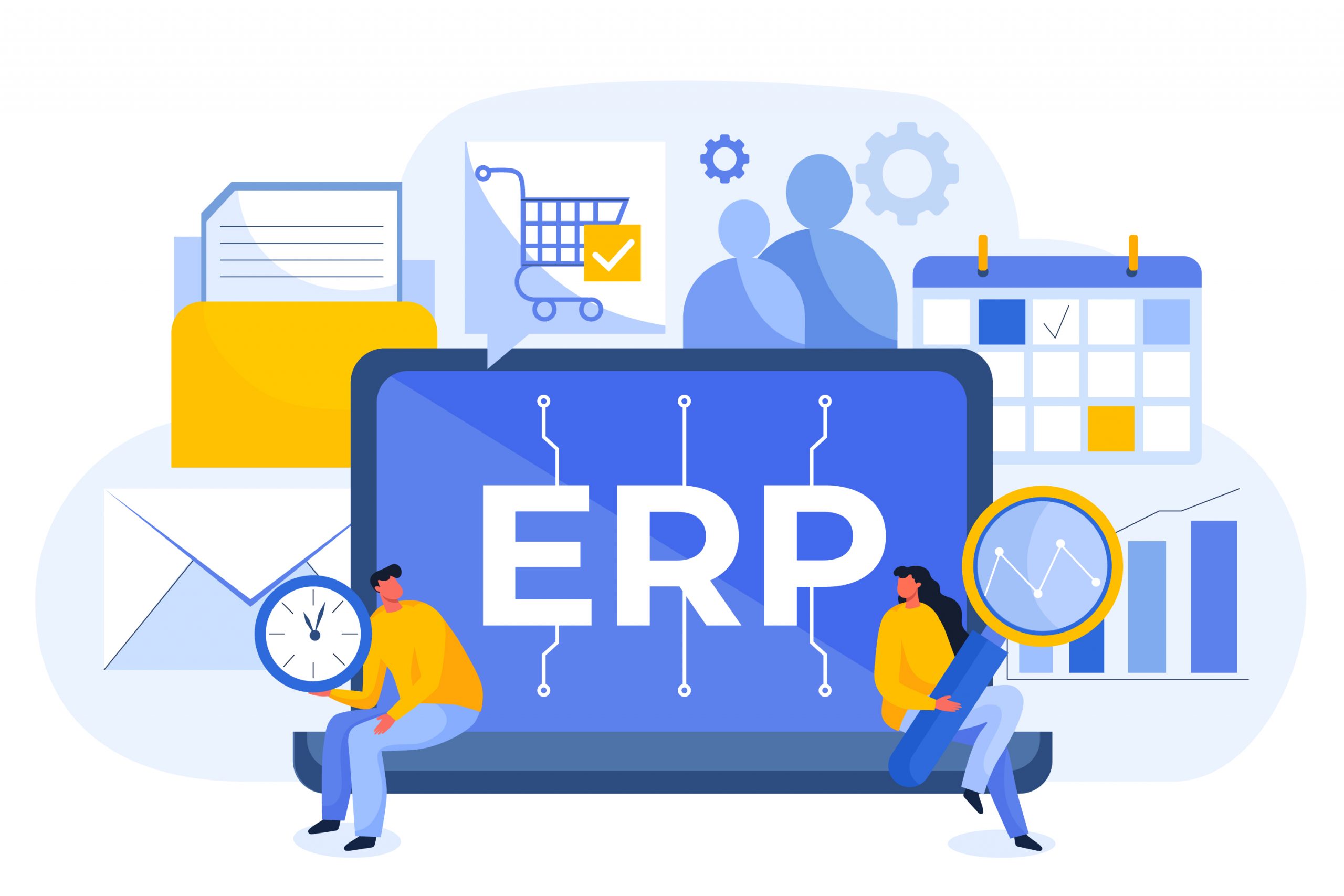Implementing ERP for non-profits is a strategic move that can significantly streamline operations, enhance efficiency, and improve resource management. Non-profit organizations often face unique challenges, such as limited resources, volunteer management, and the need for transparency. An Enterprise Resource Planning (ERP) system tailored for non-profits can address these challenges, allowing organizations to focus more on their mission and less on administrative tasks. In this blog, we’ll explore how ERP for non-profits can transform operations.
1. Understanding the Benefits of ERP for Non-Profits
ERP for non-profits offers numerous benefits that help organizations operate more effectively. One of the primary advantages is the integration of various functions such as finance, human resources, donor management, and project tracking into a single system. This integration reduces the complexity of managing multiple systems and ensures that all departments have access to up-to-date information. The result is improved decision-making and a more efficient allocation of resources.
2. Streamlining Financial Management
Financial management is a critical area where ERP can make a substantial impact. Non-profit organizations often deal with multiple funding sources, grants, and donations, each with specific reporting requirements. An ERP system can automate financial processes, track funds, and generate accurate reports that comply with regulatory requirements. By streamlining financial management, non-profits can ensure transparency and accountability, which are essential for maintaining donor trust.
3. Enhancing Volunteer and Donor Management
Volunteers and donors are the lifeblood of any non-profit organization. ERP for non-profits provides tools to manage volunteer schedules, track donor contributions, and maintain relationships with key supporters. By centralizing this information, organizations can easily engage with their volunteers and donors, recognize their contributions, and foster long-term relationships. Enhanced volunteer and donor management leads to increased participation and support for the organization’s mission.
4. Improving Project and Grant Management
Project and grant management can be complex and time-consuming for non-profits. ERP for non-profits simplifies this process by providing tools to manage project timelines, budgets, and outcomes. Non-profits can track the progress of their projects in real-time, ensuring that they meet deadlines and stay within budget. Additionally, ERP systems can assist with grant management by tracking grant applications, reporting requirements, and deadlines, helping organizations secure and manage funding more effectively.
5. Choosing the Right ERP System for Your Non-Profit
When selecting an ERP for non-profits, it’s essential to choose a system that aligns with your organization’s specific needs and goals. Consider factors such as ease of use, scalability, and the ability to integrate with other tools you already use. It’s also important to select a system that offers strong customer support and training resources to ensure a smooth implementation. With the right ERP system, your non-profit can achieve greater operational efficiency and focus on making a positive impact.
Conclusion
ERP for non-profits is a powerful tool that can streamline operations, improve financial management, and enhance relationships with volunteers and donors. By implementing an ERP system tailored to your organization’s needs, you can overcome common challenges and focus more on your mission. For more insights on optimizing non-profit operations, visit Bedots.



